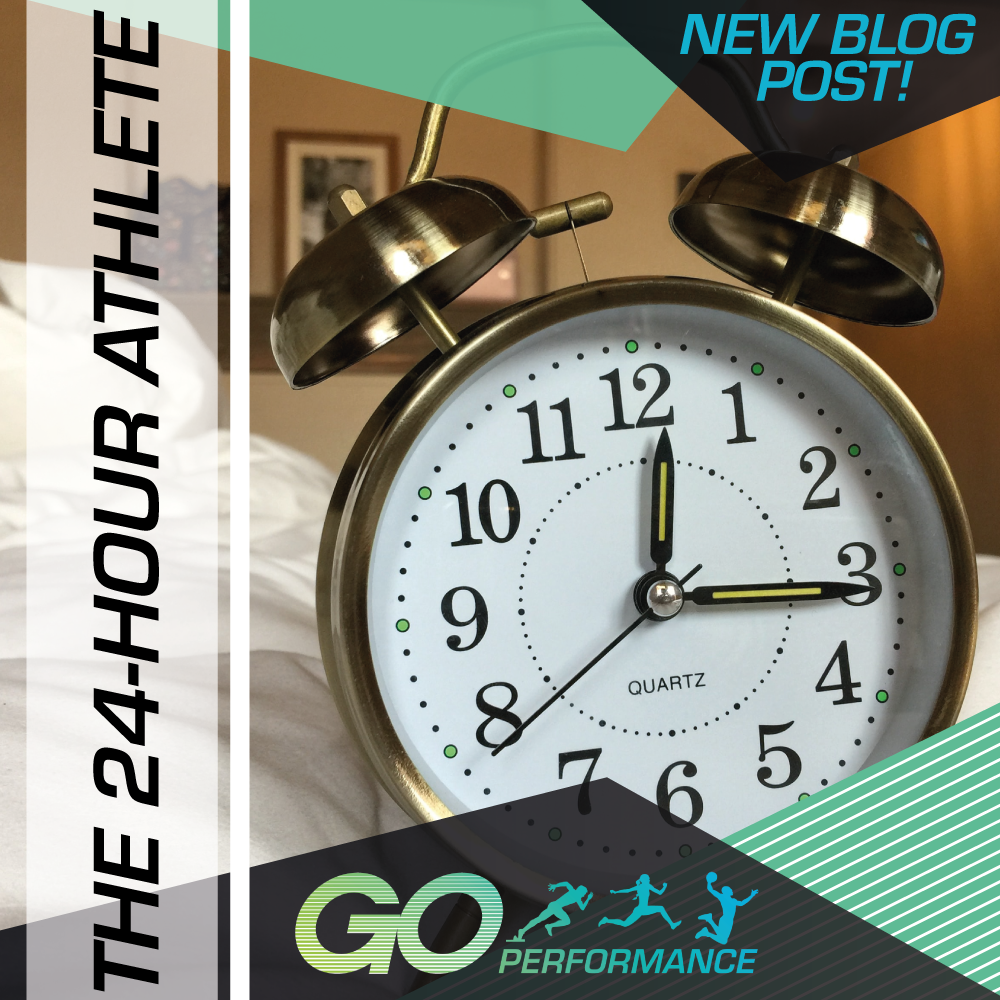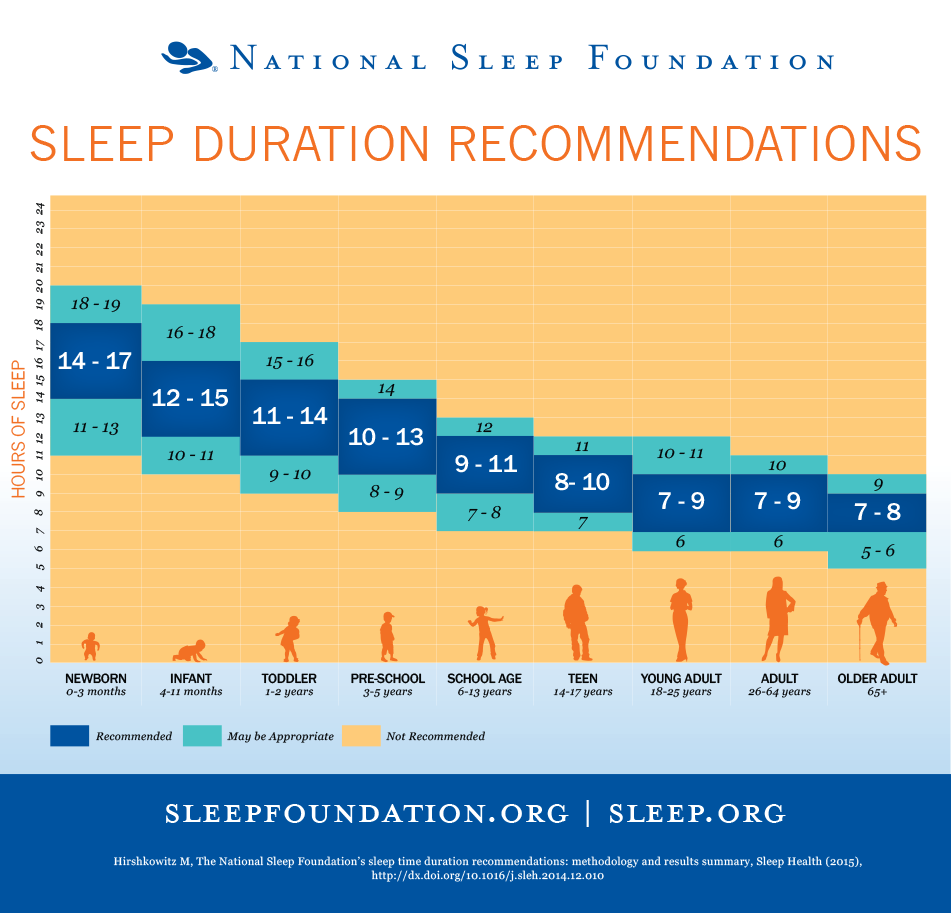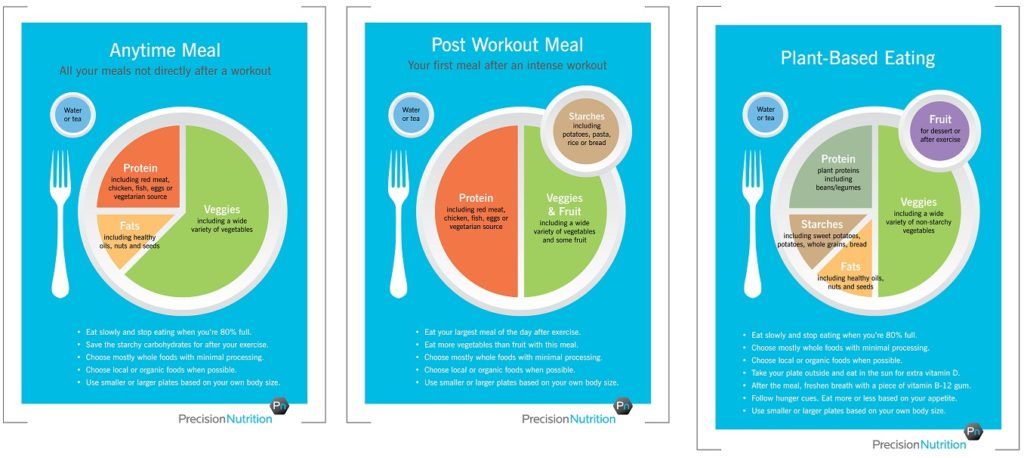The 24 hour athlete

So I first heard this phrase several years ago from a World renowned coach called Vern Gambetta. The basic idea was that an athlete might train for 1, 2, 5 + hours per day but what about the rest of the time? Are they effectively preparing for the next day or session? What methods can help you recover and keep getting better?
There are some BIG easy wins available to everyone which we are going to delve into.
First up, sleep hygiene. Quality sleep is super important for physical and mental health. It is a critical part of the recovery process for athletes.
“Good sleep hygiene is about practising a variety of healthy lifestyle and sleep habits that can improve your ability to fall asleep and stay asleep. Small changes can have a huge impact on your sleep quality and quantity.”
There are so many factors that can impact the way we sleep including increased stress, stimulants such as caffeine (energy drinks is a big one), poor dietary choices close to bed time and perhaps one of the biggest, tablet and smartphone use close to bed time. As you can see below, the recommended amount of sleep for a teen is 8-10 hours but for a 6-13 year old, that’s 9-11 hours of quality sleep recommended!

Here’s what you can do to improve your sleep hygiene:
• Avoid stimulants such as caffeine and nicotine, especially close to bedtime
• Exercise regularly to improve the sleep quality
• Avoid foods and drinks that are fatty, rich/heavy, citrus fruits, carbonated drinks and anything that causes indigestion or heartburn
• Ensure adequate exposure to natural light during the day and darkness on a night
• Establish a regular bedtime routine that promotes relaxation such as reading a book
• Get the right sleep environment – the room should be cool (around 16 – 19° C), turn TV/tablet/smartphone off well before sleep time, use blackout blinds or curtains to block out as much external light as possible and you could also try ear plugs or a ‘white noise’ machines to block out disruptive noises
Second up, we are going to discuss nutrition!
This is a hot topic for many and there is a minefield of information out there that can seem impossible to decipher! A key skill that young athletes should all learn (in our opinion) is how to cook! This allows you to learn which foods contain which micronutrients/macronutrients, which foods can help fuel a training session and which will help you recover. Taking ownership of what you eat and cooking simple nutritious dishes from scratch gives the athlete an appreciation and interest in what they are eating.
A few key areas to consider:
• We have to make sure that we are fuelling our bodies to perform
• We have to fuel recovery and give the body what it needs to repair optimally
• A wide range of fruit and veg that are varied in colour is a great way to incorporate important nutrients that are highly beneficial to our health (phytonutrients)
• Cutting out an entire macronutrient group (protein, carbohydrates, fats) is probably not going to help you perform at your best
• ‘Supplements’ are just that, they are designed to supplement a balanced and healthy diet – focus on getting this right first!
• Using quality ingredients sourced from reputable suppliers also makes a difference to the nutritional value of the foods we eat.
Hydration is often an overlooked element linked to nutrition but good hydration is absolutely crucial for sport performance! Just 2% dehydration (BW) has been shown to reduce aerobic and cognitive function. Dehydration causes increased cardiovascular strain resulting in increased HR and decreased stroke volume etc. Here are a few guidelines for staying hydrated!
If no fluids are available during exercise, pre-hydrate with the following regimen:
• consume 500 ml of water on the night before exercise (not too late or it will affect sleep)
• consume 500 ml in the morning
• consume 500 to 1000 ml 1 hour before
• consume 250 to 500ml, 20 minutes before exercise
• consume nutrient dense foods/beverages after exercise to assist in the re-hydrating process e.g. protein smoothies
• consider adding electrolytes to your drinks or adding salt to foods/beverages after exercising (half a teaspoon)
• For every kg of sweat lost during exercise, rehydrate with 1 litre of fluid
• Monitor urine colour to gauge level of hydration – dark = dehydrated, straw coloured = ideal
(PrecisionNutrition.com, 2019)
Have a look at the below infographics that are a top starting point for planning your nutritious meals around training! Remember to adapt based on your individual energy demands which can be calculated here https://www.precisionnutrition.com/weight-loss-calculator

Finally, we’ll look at recovery!
There is a large crossover between what has been discussed and recovery for athletes.
We’ve broken these down into ‘need to do’ and ‘nice to do’ strategies. Here’s what we believe are the non-negotiable, need to do’s:
• Quality sleep – 7-9 hours of good quality sleep – ‘sleep hygiene’/bedtime routine can help this process e.g. black out blinds, noise cancelling ear phones, listening to relaxing music and cutting out screen time before bedtime
• Nutrition – adequate carbohydrate, protein and fats is essential for health, adequate refuelling and muscle repair
• Hydration – adequate water and electrolyte intake
Our additional ‘nice to do’ areas are covered below:
• Light exercise – (e.g. cool down) = improved lactate removal, dampening of the nervous system activity, promotes sleep and decreased soreness
• Stretching – static, dynamic and pre-contraction (e.g. PNF) all useful for improving range of motion. Other benefits = reduced muscle tension, postural enhancement and relaxation
• Soft tissue therapies – sport massage and foam rolling can promote improved blood flow, greater lactate removal, improved relaxation and positive mood improvement
A holistic approach is advised, utilising more than one recovery tool that works for you individually!!
